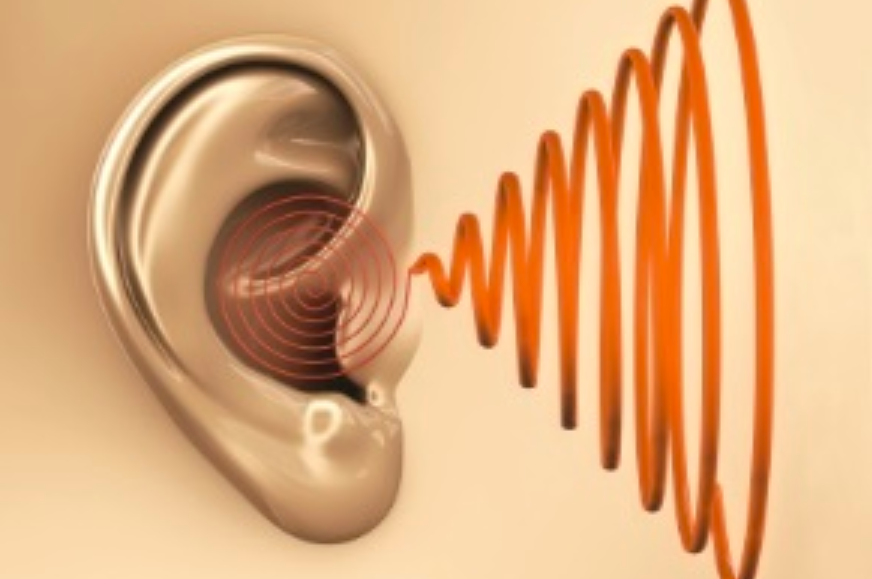Listening to Jewish music can seriously disrupt normal brain function. This may sound like a nutty far-right theory, but scientists have now definitively shown this to be true.
The term “Mozart effect” is used to describe the improvement in cognitive function apparent after listening to the greatest European music.
Scientists at the London Metropolitan University have now determined that listening to Jewish music has the opposite effect and impairs normal brain function.
London Met research shows listening to Mozart improves short-term memory – while the music of fellow Austrian composer, Mahler, degrades it.
Research into the effects of music on verbal memory shows listening to Mozart sharpens the ability to recall words, while listening to Mahler has the opposite effect.
The study, led by Professor Christiane Lange-Kuettner and Stella Rohloff from London Metropolitan University, investigated the impact of listening to different classical music on word memory, looking to find out whether ‘the Mozart effect’ is applicable to this kind of mental task.
…
The Mozart effect is the theory that listening to Mozart’s music can induce a short-term improvement on the performance of certain kinds of cognitive tasks and processes. It was coined in Nature magazine in 1993, in a one-page article which showed that people who listened to ten minutes of Mozart’s music had a comparably increased IQ score afterwards. More recently, it has been reported that Mozart’s music can reduce the risk of seizures in epilepsy patients by up to half.
The researchers found that listening to Mozart’s music did enhance word memory across positive, negative and neutral words. The Mozart effect was also found to occur independently of ethnicity, or the level of happiness in the participants.
Professor Lange-Kuettner, Senior Lecturer in Psychology at London Met, said: “Our results showed that listening to Mozart can improve short term memory. We used sonograms and spectrograms – visual representations of sound and frequency, respectively – to examine the structures of the different types of music. Mozart’s music is full of self-contained and bounded phrases, similar to the typical structures of words and sentences. We believe this contributes to the positive effects that his music has on word recall.“
“Mahler’s music, by contrast, flows in a way that is very similar to how we hear a foreign language being spoken, or how babies hear language that they do not yet understand. The clearly delineated phrase structure in the Mozart piece may have supported word memory trace, while the flowing stream of the Mahler music would have blurred it.”
The Jew Gustav Mahler was made director of the Vienna Opera and parlayed the prominence this position gave him to promote his dubious compositions. Thanks to Jewish conductors and business managers relentlessly promoting him, Mahler’s symphonies are now the most widely performed in the Western world after those of Beethoven.
Mahler’s original appointment provoked significant opposition in Vienna at the time among anti-Semites who argued that a Jew could never authentically channel the European musical tradition. Biographical accounts of Mahler today typically dismiss these critics as crazed knuckle-draggers but, in fact, we can now see that they were completely correct.
Mahler acted as a mentor to Arnold Schoenberg, the Jew who overthrew the European classical musical tradition based on tonal harmony and sonata form, replacing it with atonal gibberish the healthy mind perceives as an aural assault. The Jews succeeded in killing off one of the greatest currents of aesthetic achievement in all of history.
Now that Jewish music has been shown to disrupt normal brain function, we need to know whether Jewish novels, Jewish plays, Jewish paintings, Jewish poetry, Jewish movies and Jewish journalism have a similar effect.
The Daily Stormer calls on governments throughout the western world to commission urgent scientific investigations into this important question and to hold press conferences offering daily updates on the problem until it is resolved once and for all.


